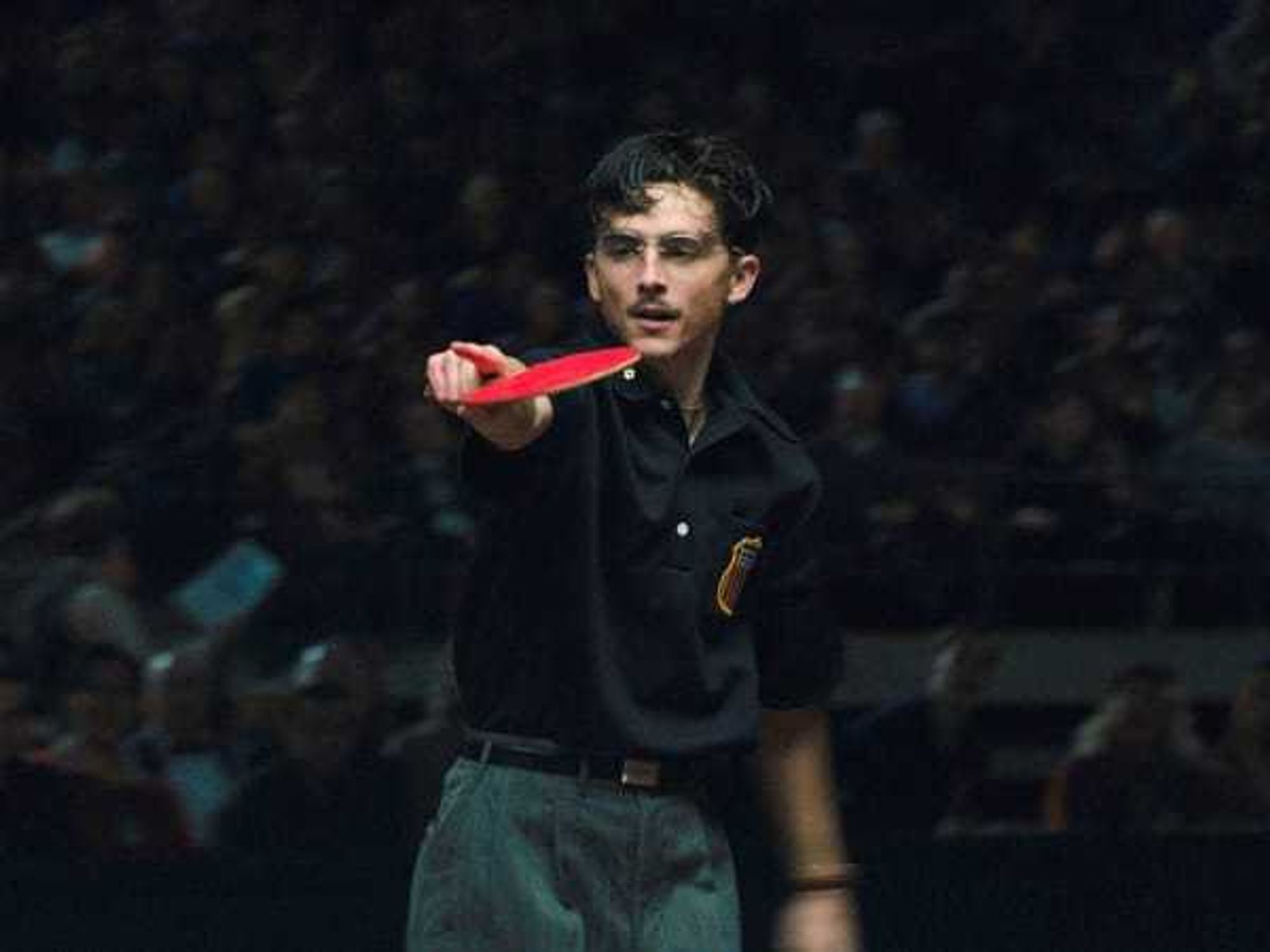Keynote speaker Wednesday
Hey Houston, get over the space shuttle loss and aim for Mars, says sexyscientist Neil deGrasse Tyson
So we didn't get the shuttle. Neil deGrasse Tyson has landed in Houston instead.
The rock star astrophysicist will deliver a keynote at the American Association of Museums conference on Wednesday morning at the George R. Brown Convention Center. He plans to talk to the some 5,000-plus museum professionals about the many strategies for reaching their audiences.
"Some of the public comes ready to learn, some are not ready to learn," Tyson says. "It's a tangled web. I want to share all the ways minds get tangled."
Tyson is the Frederick P. Rose director of the Hayden Planetarium. When he's not explaining the universe, you can find him chatting with Stephen Colbert, Jon Stewart, and Rachel Maddow or on his own PBS-NOVA 4-part mini series Origins ,or its spin off, NOVA ScienceNOW. The guy can talk, and continues to do so every week on his radio show, StarTalk, with co-host comedienne Lynn Kopiltz.
"You are a household name," I tell Tyson.
"It's great that we live in a time when a scientist can be that visible," he replies.
Tyson knows how to command a room. "Regular people always tell me that I look like I'm having fun up there, while educators tell me, 'you were working hard up there,'" he says. "They know."
He's even made a celebrity appearance on The Big Bang Theory. "As long as I didn't have to emote, I was fine," Tyson says about his sitcom debut.
A museum at its best is a place to learn and inspire. It should light a fire. "I'm perfect evidence of that," he says.
As a child, Tyson looked up at the stars and has never looked back or down, "where you might be hit by a meteorite," as he's famous for joking. He speaks of a being called by the universe on a quest to decipher our place in the cosmos.
Hooked on science, he graduated from Bronx High School of Science, earned a BA in physics from Harvard and his PhD in astrophysics from Columbia. As someone who calls Isaac Newton "his man," you bet he's a fierce opponent to intelligent design and other forms of fake science, referring to them as a "philosophies of ignorance."
Voted the "Sexiest Astrophysicist Alive" by People Magazine in 2000, Tyson looks comfortable in the limelight. If anyone can get adults and kids alike excited by science, it's this guy. He has a way of explaining weird space trivia that arouses our curiosity.
His discourse on the demoted planet Pluto is legendary, and even spawned a best-selling book, The Pluto Files: The Rise and Fall of America's Favorite Planet. He claims to have weathered hate mail from angry third graders. As for getting over the demotion of Pluto from planet to miscellaneous space object, Tyson thinks it's the hardest for us old schoolers.
"There's a new generation of children who will grow up in a Pluto-less world," he says. "They will be fine." The dangers of the space are another favorite topic explored in his book Death by Black Hole: And Other Cosmic Quandaries.
Tyson is a fearless advocate for science literacy, and don't get him started on space exploration. In 2001, President George W. Bush appointed him to serve on a 12-member commission that studied the future of the aerospace industry in the United States. In 2004 he agreed again, under Bush, to serve on yet another commission, dubbed the "Moon, Mars and Beyond" commission." For Tyson, space exploration is part of our identity and how we imagine the future. Since 2006, he serves on NASA's Advisory Council.
As for Houston getting the shuttle, Tyson subtly wants us to get over that, too. "You already understand the space program, while in the Northeast, NASA has no presence. Placing a shuttle in New York City, a huge tourist destination, can give NASA meaning," he said.
Tired of the same old space jaunts, he's ready to sign up for a mission to Mars. "Will we go to Mars during our lifetimes?" I ask Tyson.
"I'm worried," he says. "That's why my next book, The Space Chronicles: Facing The Final Frontier, contains every thought I have ever had on the space program, even my tweets on the subject," he says. "We need a fully funded, active and visionary space program.
"A museum can light a fire, a space program keeps that fire fanned. We need grand and great projects."
Tyson moderates The 2011 Isaac Asimov Memorial Debate: The Theory of Everything
